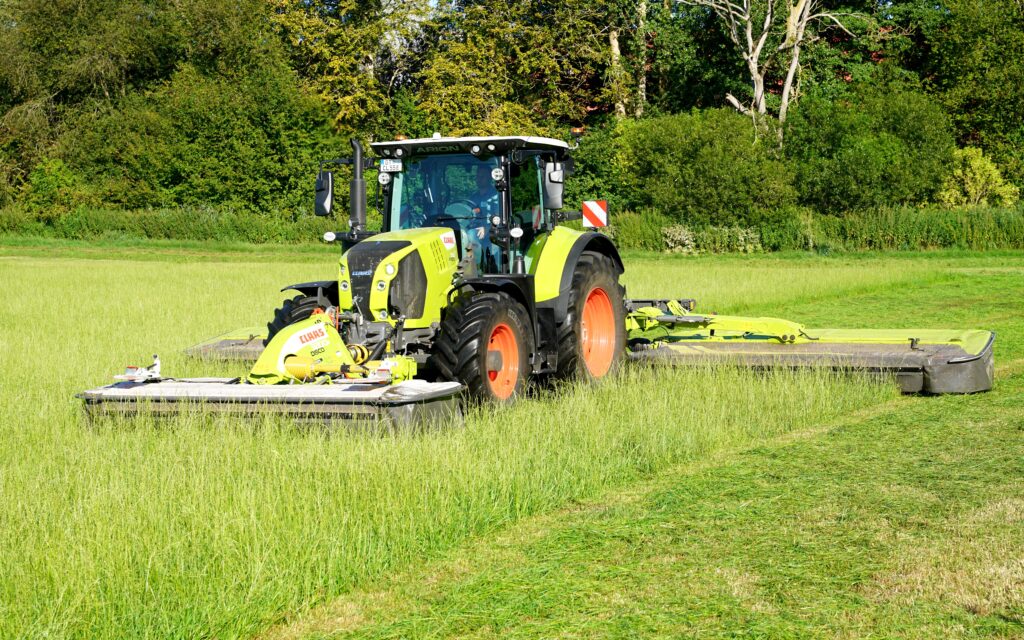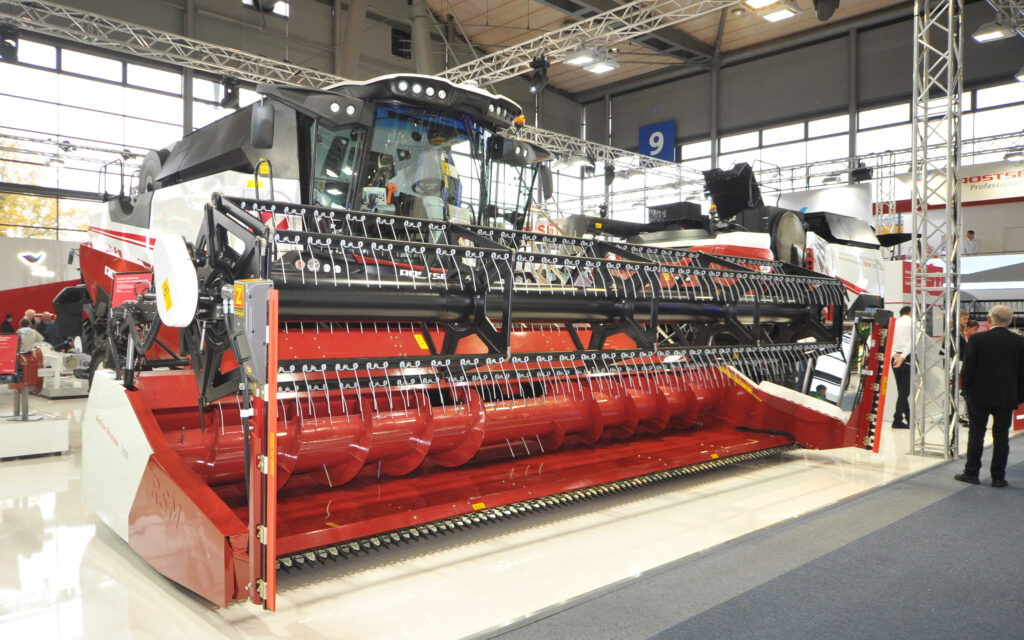Claas, as most companies do, has been out looking for capital to finance its business and has settled on a novel financial instrument known as a schuldscheine to raise the money.
While the details of how these work needn’t detain us here, what stands out is that Claas went to the banks looking for €150 million, and came out with €350 million, demonstrating that investors have tremendous confidence in the company.
A schuldscheine expands loan base
There are many advantages to a schuldscheine as a way of raising money. Because they are not secured loans, there is a great deal less paperwork, enabling swifter transactions and encouraging new investors from beyond Germany.
This, apparently, has happened with the company statement noting that it “has been able to attract new investors from Europe and Asia, thus also diversifying our sources of finance”.

This boost to the company’s finances comes as Germany entered a recession for the first three months of this year, yet Claas was forecasting double digit growth in sales for 2023 last December.
It noted at the time that much of this growth would come from outside its traditional markets, especially in North America, where it is expanding its range of products being sold into the market.
Growth despite challenges
The success of the schuldscheine indicates that there is still an appetite for traditional metal bashing industries operating in a country that has experienced sharp increases in energy prices.
Opinion is divided as to whether these energy prices will ever return to pre-conflict levels as Russia has been busy finding alternative markets for its oil and gas within the BRICS (Brazil, Russia, India, China, South Africa) trading bloc.
It has also been trading oil in local currencies, and it has been suggested that it will not automatically return to suppling Europe in exchange for dollars when peace is achieved.
Rostselmash looks east for exports
Sanctions on Russia have also caused its industry to seek new markets and a recent trade mission to Saudi Arabia involved over 100 companies attending a trade fair in Riyadh.

Prominent amongst these was Rostselmash, the leading Russian manufacturer of combine harvesters, which noted that the company showed attendees a line-up of agricultural equipment comprising over 150 models of various machines, along with electronic systems to boost agricultural business performance.
Saudi Arabia may not be the first to spring to mind as an agricultural country, but due to government efforts over the last few decades, its cropped land has expanded from 400,000ha in 1976 to around 3,500,000ha today.
